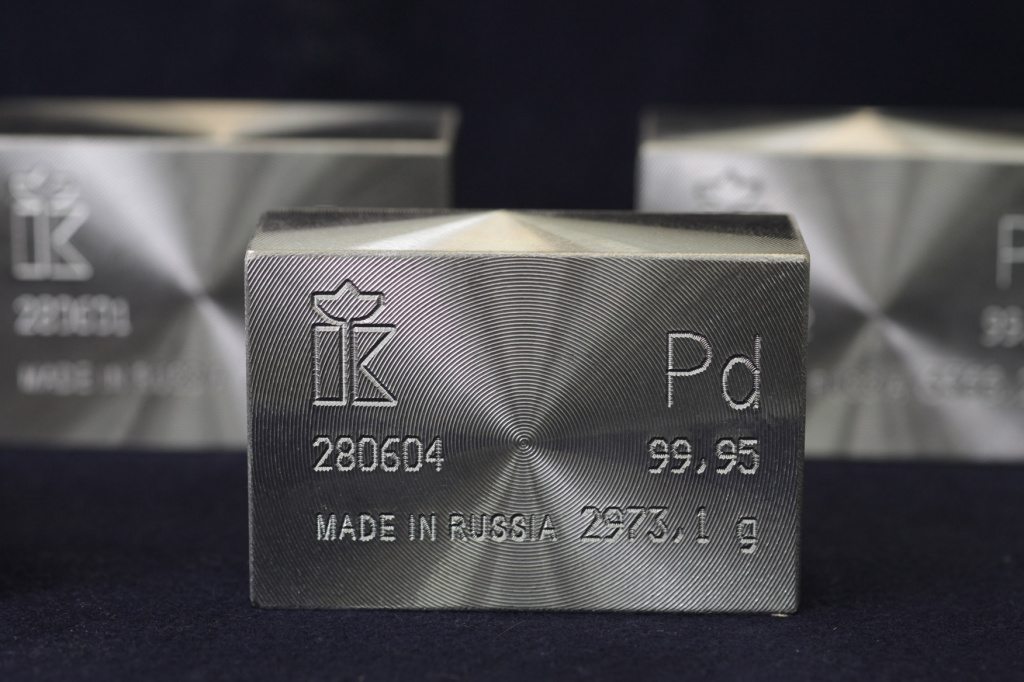Washington takes note of BC premier’s targeting US coal exports

Christy Clark’s vow to ban or tax thermal coal exports moving through B.C. ports may be nothing more than election brinkmanship, but it seems to be having its intended effect in the U.S.
According to Joe Aldina, a New York based energy analyst specializing in coal for S&P Global Platts, Clark’s recent targeting of thermal coal exports moving through B.C. ports has generated a bit of a buzz in the corridors of Washington.
“I know from my contacts that I was just talking to, already they’re lobbying and having conversations behind the scenes in Washington,” Aldina told Business in Vancouver. “It’s certainly got people’s attention.”
Last week, in response to new countervailing duties of 20% or more slapped on Canadian softwood lumber, Clark wrote the prime minister asking for a federal ban on thermal coal exports passing through B.C. ports, and then added that, if exports aren’t banned, a B.C. Liberal government would apply a levy “so onerous that there’s no percentage in shipping thermal coal through British Columbia.”
Thermal coal exports may be the only real trump card B.C. has to play. Or maybe that should read “Trump card” because U.S. President Donald Trump made the revival of America’s faltering thermal coal industry a major election plank.
“I think it’s pretty smart posturing,” Aldina said. “It grabs headlines and is visible, so I don’t think Trump would want headlines – negative headlines – given that he’s made coal a rallying cry of his administration.”
British Columbia is a major metallurgical coal producer. Historically, it has been the province’s second largest single export commodity, next to softwood lumber. Metallurgical coal is used to produce steel. Thermal coal, on the other hand, is burned to produce power.
A handful of American thermal coal producers have managed to find markets outside of the U.S. for their coal, thanks to British Columbia.
There are no ports on the U.S. west coast that can handle large volumes of coal. New proposed coal terminals on the U.S. west coast have been rejected, due to thermal coal’s “dirty” image – i.e. high in carbon, and therefore a high emitter of carbon dioxide.
Because of its large metallurgical coal industry, B.C. ports have the capacity to ship large volumes of coal and have increasingly been used by American coal producers, who ship their product to B.C. via the BNSF Railway.
About one third of the volume moved through Westshore Terminals in Delta is American thermal coal, generating $100 million in revenue annually, 100 jobs and $12 million.
In response to Clark’s posturing on coal exports, Westshore has written Prime Minister Justin Trudeau asking him not to make thermal coal exports a bargaining chip.
“We are deeply disappointed to see the Premier of British Columbia’s call to close our borders to our long-term U.S. customers,” the company says in a letter to Trudeau.
“We recognize that Canada is in a dispute with our most important trading partner, but we hope that our leaders will consider the best interest of all Canadians and not punish Canadian companies and workers by putting one industry ahead of another.”
Fraser Surrey Docks, meanwhile, has been trying to move forward a plan to build a new $15 million coal export terminal that would be used exclusively by American thermal coal producers. It has been stalled by a court challenge, but could be killed with a new levy.
“They’re not even off the ground in terms of booking business with customers,” Aldina said. “It would probably mean a decision of not moving forward with an investment.
“It’s already on the margins because there’s already capacity available at Westshore, so it’s already in a tenuous position. This would really be the death knell for the project.”
{{ commodity.name }}
{{ post.title }}
{{ post.date }}




Comments